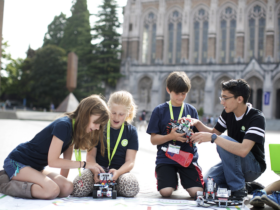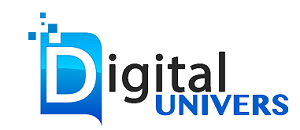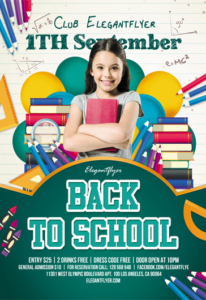The Preschool Framework For Teaching Skills

A recent analysis found that English learners who started kindergarten with solid scholastic language abilities– vocabulary and abilities needed to be successful in school– in either English or their native language, were more probable to be on the same level with their English-fluent peers by the time they finished grade school.
This implies that enrichment classes for kids that are working to develop trainees’ academic language and literacy skills in the main language are very beneficial to their long-term outcomes.
Over the past years particularly, early instructors and researchers have done significant work in Singapore and outside to incorporate the needs of English students into the preschool curriculum.
How Preschool teaches skills
The significance of preschool age in child advancement can not be overstated. Throughout this time, several vibrant developmental alterations are happening in the sphere of physical, social, emotional, ethical, cognitive, and communicative advancement.
They all assist the child better comprehend the environment, themselves, and other individuals, and generate the chance to fulfill their own requirements and desires in a socially appropriate means.
This meeting of your own desires with the needs of the world, finding methods to deal with these two, commonly opposing propensities, is among the most essential tasks of preschool age.
It’s additionally a difficulty for carers to come with the child in such a way that they learn sensitivity to their own needs, readiness to establish objectives, and tenacity in achieving them, while recognizing and valuing other individuals’s points of view, needs, and wishes.
Essential anticipating skills and abilities
- Oral language
- listening comprehension, oral language vocabulary
- Alphabetic Code
- Alphabet knowledge, phonological/ phonemic awareness (the capability to differentiate sounds in words), invented spelling
- Print Knowledge/Concepts
- Environmental print, principles concerning print
Other less considerable signs include: Rapid Automatic Naming (RAN); visual memory; and aesthetic perceptual capabilities.
Oral language is the structure for literacy development
Oral language provides kids with a sense of words and sentences and develops sensitivity to the sound system to make sure that kids can acquire phonological understanding and phonics. Via their own speech kids demonstrate their comprehension of the definitions of words and written materials.
How young kids get early literacy and its oral language structure has gotten the attention of teachers and policymakers. Research establishes four significant concepts of early literacy attainment.
What to try to find when picking a preschool
These studies and several others relating to preschool education and learning clearly suggest preschool quality varies.
Let’s take a look at two cases.
First: 35 kids participate in traditionally performed preschool activities with an educator who has only a general idea about such research, and is fatigued of many years of work. So there’s no demand to innovate.
Second: children have courses in small groups supervised by highly-qualified educators executing a well-thought-out program of teaching children in numerous vital abilities at this stage of growth, making sure balanced emotional, social, intellectual, physical, and language development. Check this link to get communication training today.








